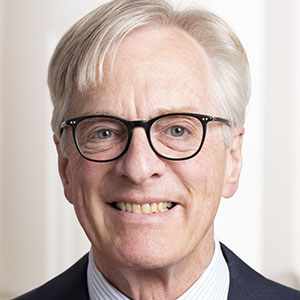Connecting research and practice on topics of European or global importance
Professor, Doctor Grete Dyb1, 2, Professor Evaldas Kazlauskas3, Professor Christian Schmahl4, Professor Ask Elklit5, Professor Neil Roberts6, Professor Ulrich Schnyder7
1Norwegian Center for Violence and Traumatic Stress Studies, Oslo, Norway
2Faculty of Medicine, University of Oslo, Norway
3Center for Psychotraumatology, Institute of Psychology, Vilnius University, Lithuania
4Dept. of Psychosomatic Medicine and Psychotherapy, Central Institute of Mental Health, Mannheim, Germany
5National Danish Center for Psychotraumatology, University of Southern Denmark, Odense, Denmark
6Division of Psychological Medicine and Clinical Neurosciences, School of Medicine, Cardiff University, Cardiff, UK
7University of Zurich, Zurich, Switzerland
Number
61
Opgenomen in sessies
0.11 Joost den Draaier, 2023-09-28, 13:30 - 14:45
Keywords
History, theory, ethics
Methodological
Abstract
Abstract
Developing new knowledge on trauma and implementing evidence-based practices is a global challenge. For decades, international peer reviewed publications have served us well in sharing results, initiating debates, and raising the level of knowledge internationally. However, trauma research is mostly developed in small research communities with limited collaborations across national borders. To expand these collaborations across Europe, the Dutch ARQ National Psychotrauma Centre initiated the ARQ European collaborative in 2015, inviting six leading psychotrauma centers across Europe who combine research and practice, and sometimes policy related to psychotrauma, to improve collaboration and exchange of ideas, researchers, and project initiatives.
In this panel we put a critical spotlight on the value of these collaborations; what make them work and what are the pitfalls? Firstly, Evaldas Kazlauskas from Lithuania and Ask Elklit from Denmark share their experiences in building national trauma units at their universities, guiding us in how to use collaborations in a productive way in these incredibly challenging tasks. Secondly, we focus on the next generation of researchers, exploring the value of the I-AM-PhD initiative (International Annual Meeting for PhD students). Christian Schmahl from Germany and Neil Roberts from the UK discuss why they have prioritized this initiative for their students and suggest new ideas on further development of the program. Finally, Ulrich Schnyder, with decades of experience with international collaborations, shares with us pitfalls and positive outcomes of expanding European collaboration to a global initiative.
Authors
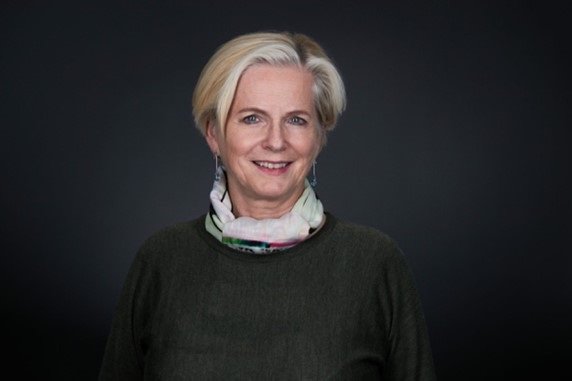
Grete Dyb
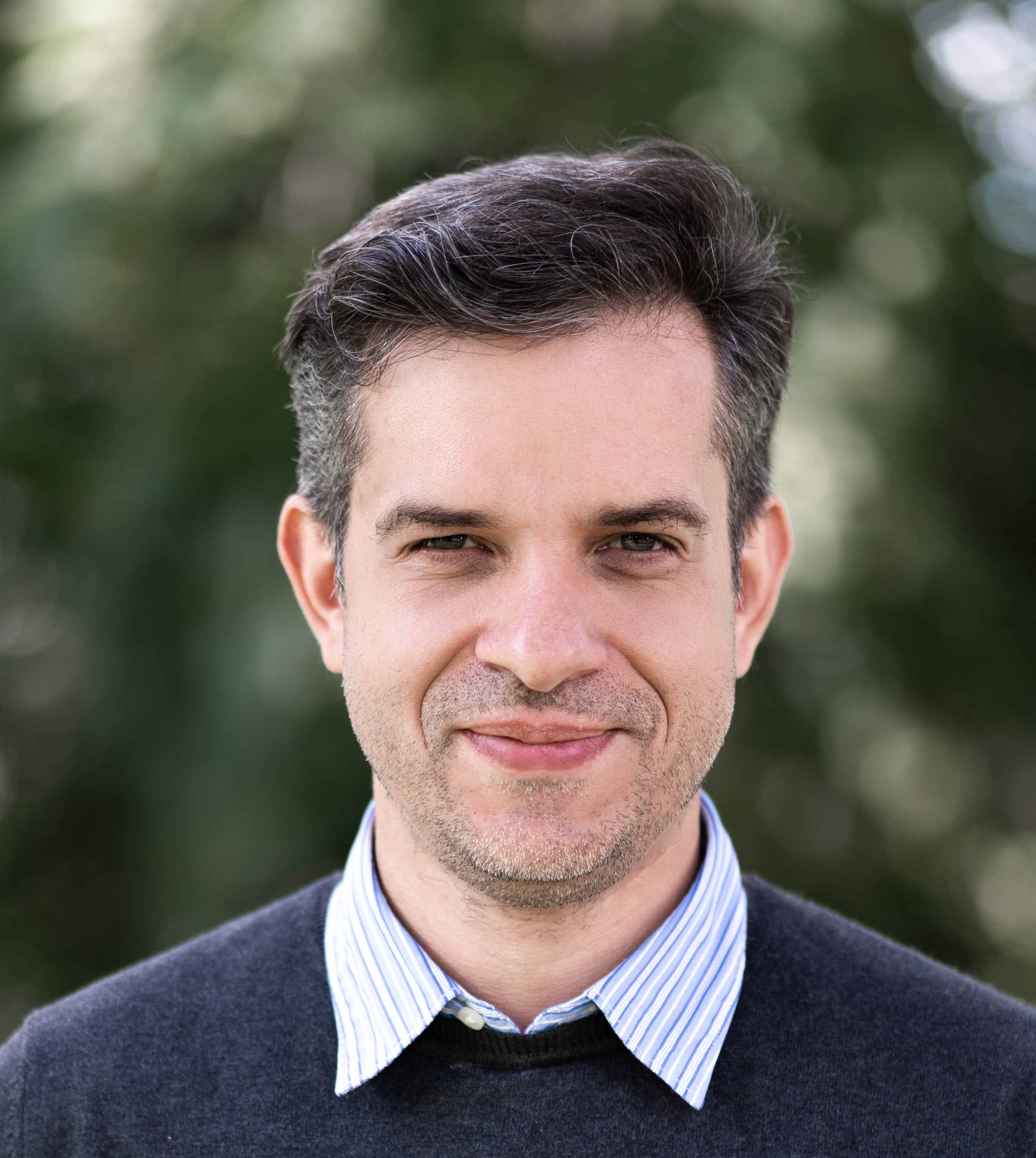
Evaldas Kazlauskas
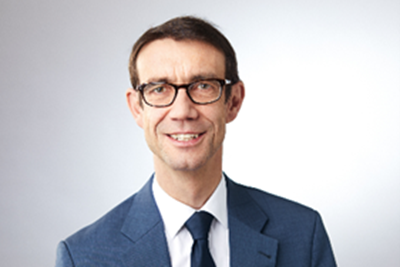
Christian Schmahl
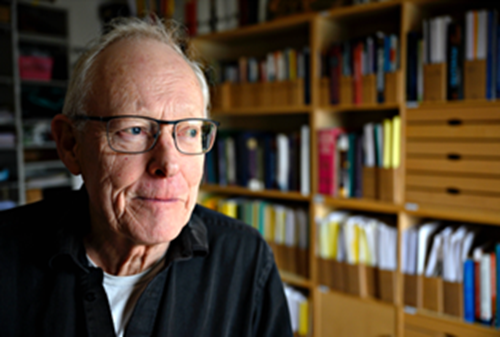
Ask Elklit
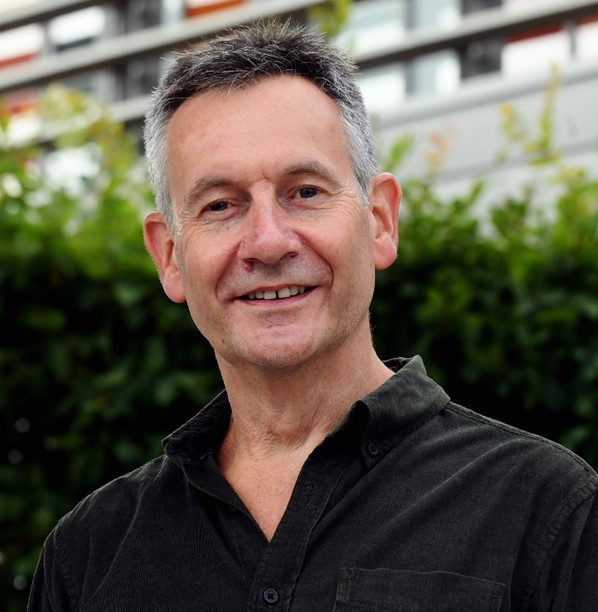
Neil Roberts
